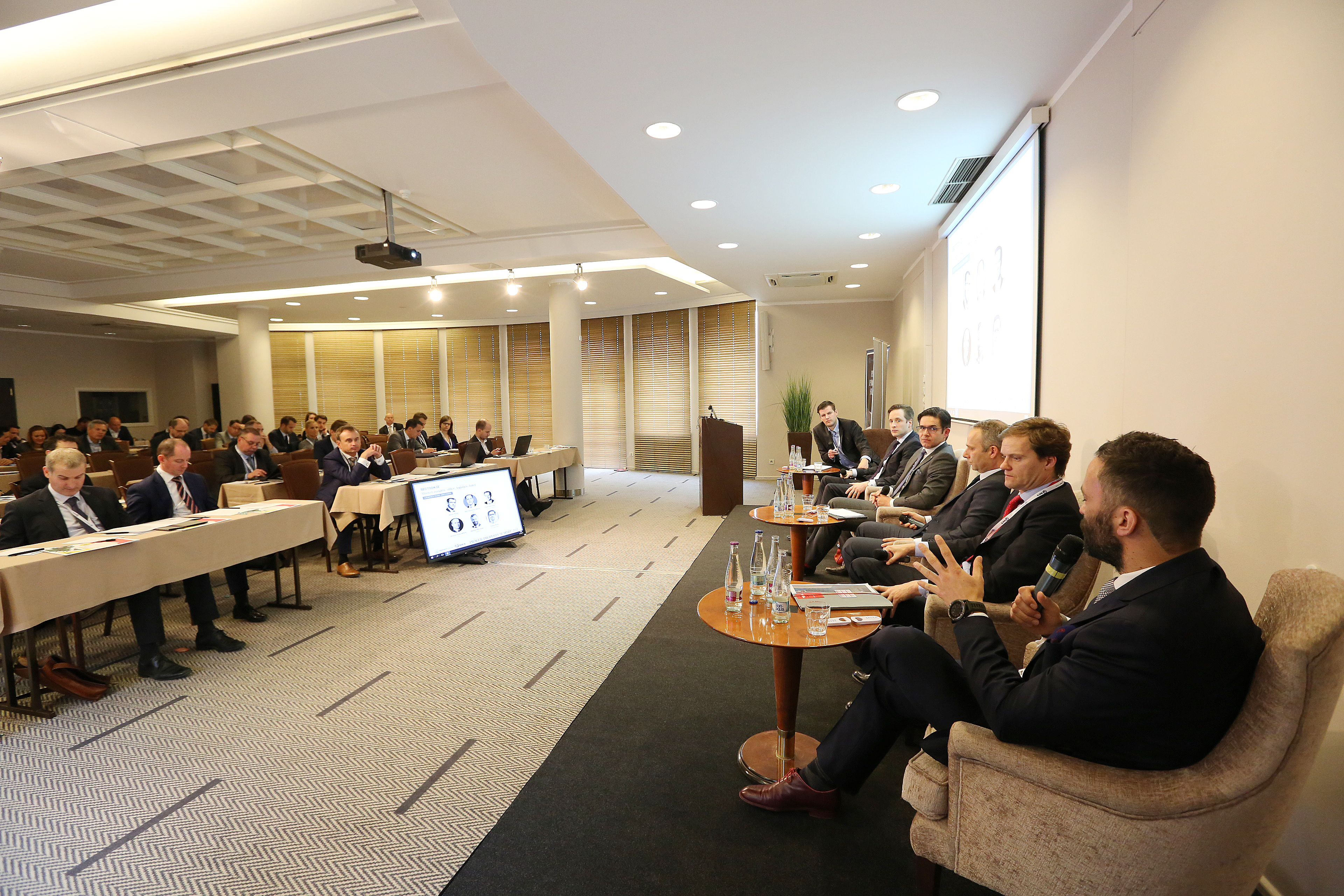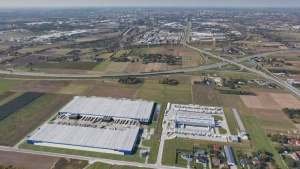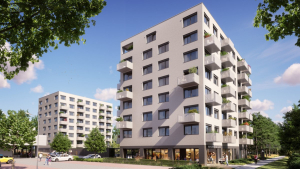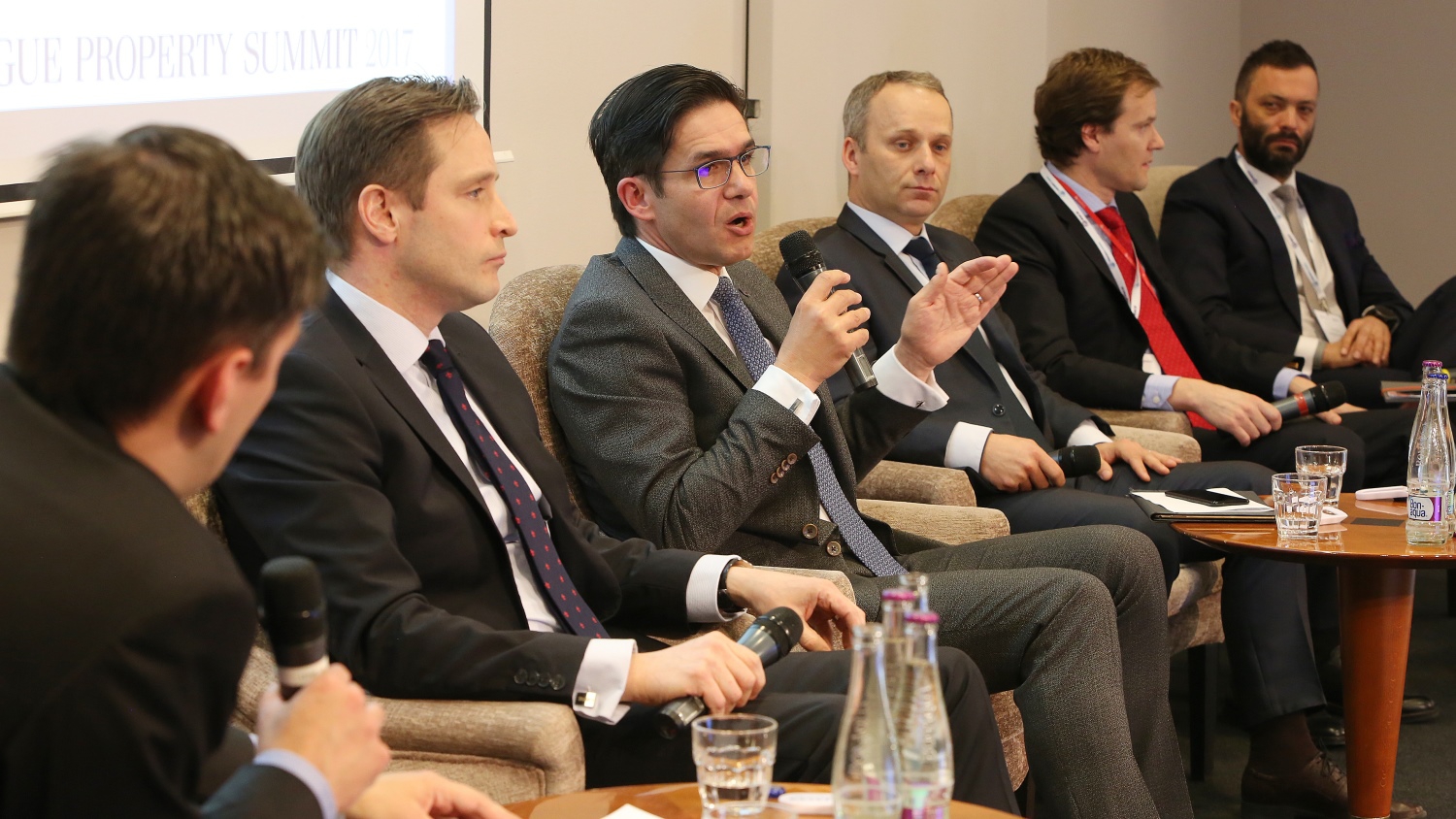
Central European industrial markets have a bright future ahead of them but regulatory issues and labour shortage can pose a threat to further growth in many countries. The speakers of the first ever Prague Property Summit analysed the potential of the market from a European perspective.
From a Western European perspective, the Czech Republic scores really well among its CEE counterparts based on most figures, said Bert Hesselink MRICS, Head of Industrial & Logistics and Senior Director at CBRE. Unfortunately, however, he believes that Czech people can be too conservative when it comes to doing business. Polish people are better at selling their country which can affect companies’ decisions on location, he added.
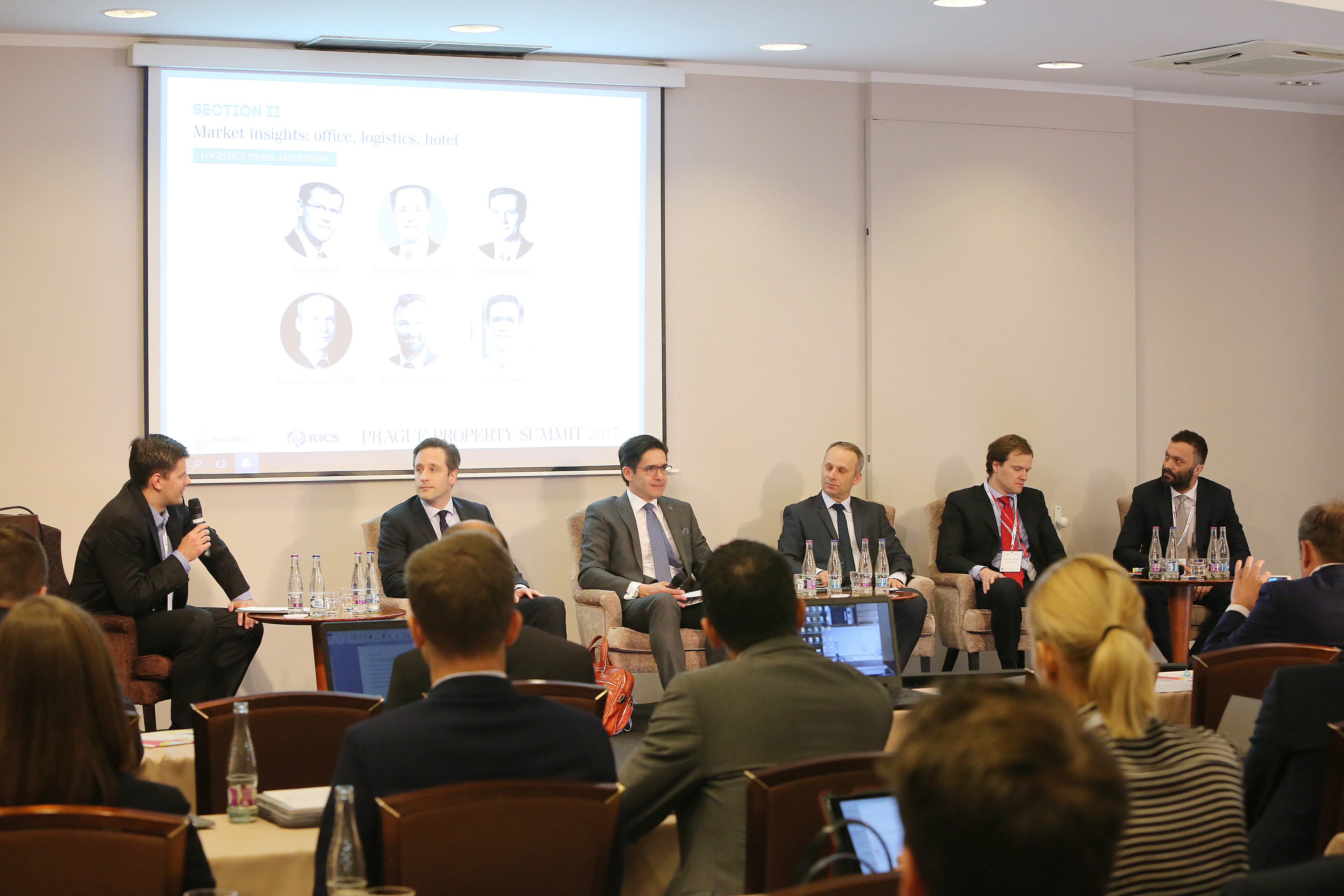
Bartosz Mierzwiak, Managing Director for CEE at Logicor believes that there is reason to be optimistic about the future of regional markets. The fundamentals are not getting weaker, the potential is here, the future of Europe is happening here, so developers should come together and promote Central Europe, he said.
Planning is increasingly difficult
Members of the panel agreed that regulatory issues pose a serious threat to the growth of the Czech industrial market. According to Martin Polak, Senior Vice President and Regional Head for CEE at Prologis, it is actually becoming easier to get a client than to get a permit.
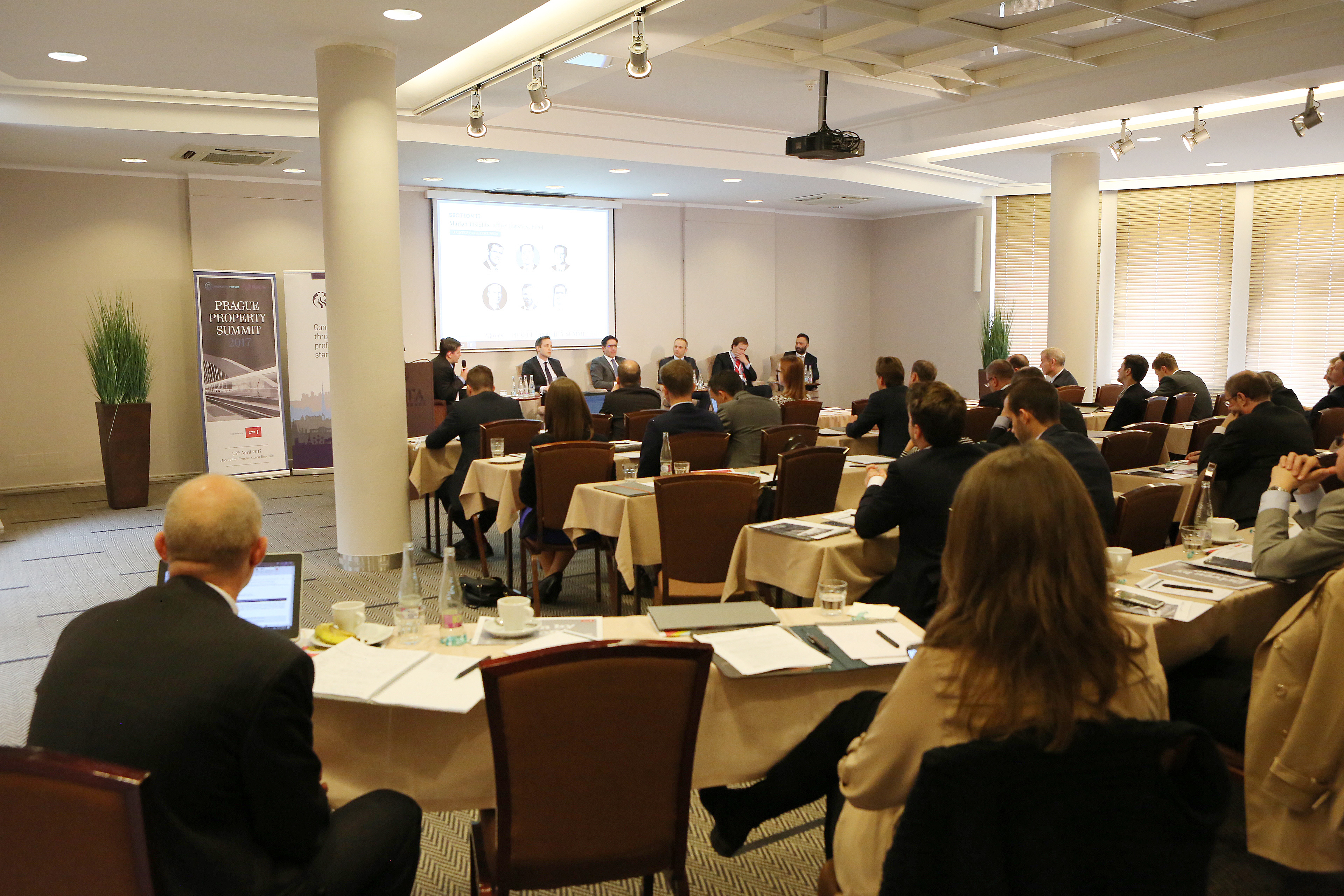
Tomáš Míček, Country Head for the Czech Republic at P3 Logistic Parks confirmed that developers get no support from the Czech government, the market is overregulated and new laws are not bringing much progress. In Western countries the biggest weight is put on zoning/master plans, in CEE more emphasis is put on how the building should look like, he added, reminding that the Czech Republic needs to improve its infrastructure as well. Better connections are needed to neighbouring countries.
Labour costs on the rise
The speakers of the logistics panel at Prague Property Summit 2017 also agreed that labour shortage has become an issue in CEE. Companies that were driven to the region by its low labour costs will soon be forced to raise wages. Luckily, the quality of the workforce will make up for this decline in competitiveness. Companies got used to cheap labour, but it’s not the only thing that should attract them, Bartosz Mierzwiak added.
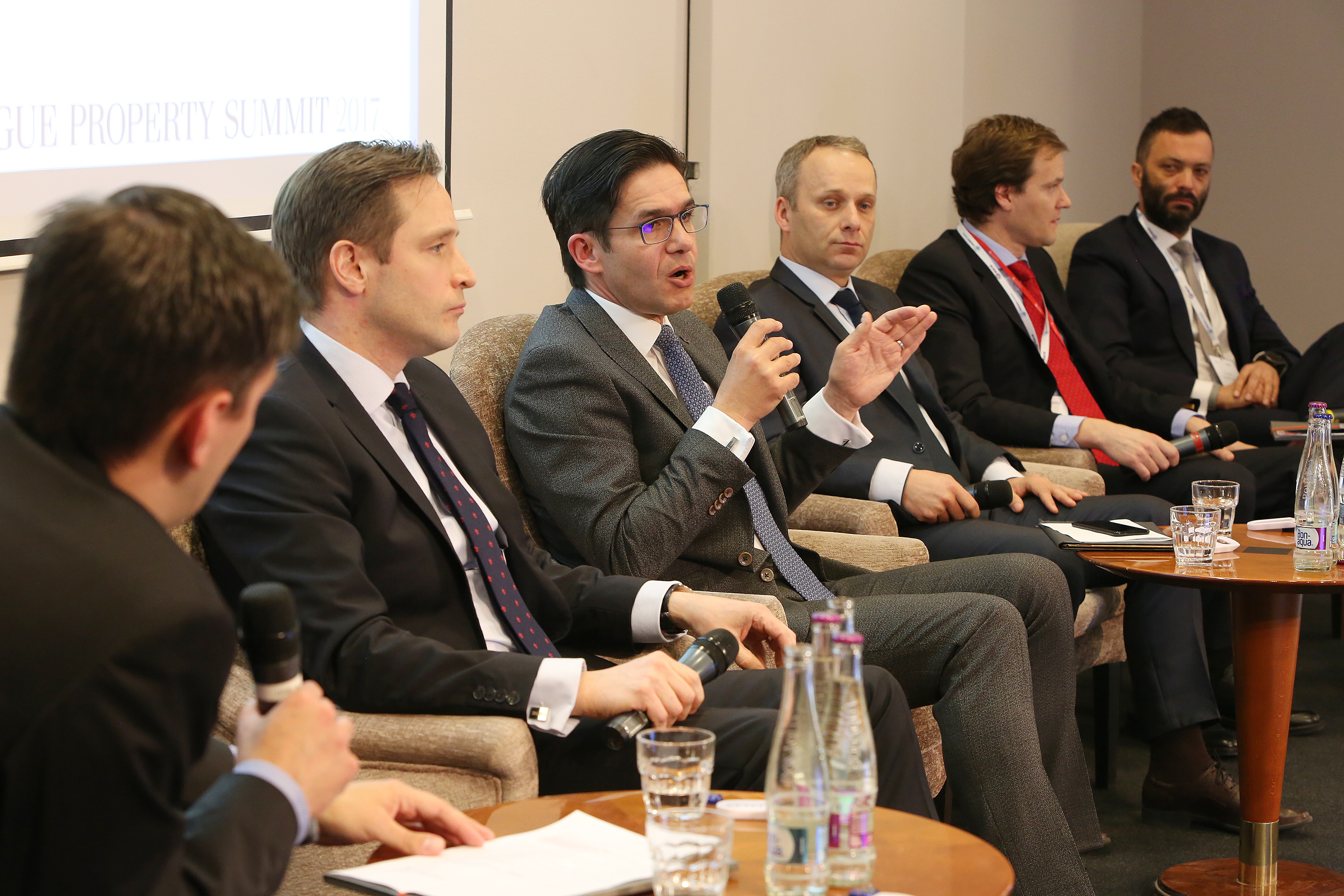
Developments are happening in places with no labour and developers need to keep that in mind when they decide on new locations, commented Ferdinand Hlobil.
New tenants and new developments
It is mostly the automotive sector, e-commerce and standard retail that keep expanding in CEE. Production is still shifting eastwards which poses a great opportunity for the industrial market, said Bert Hesselink.
According to Ferdinand Hlobil, International Partner and Head of Industrial in CEE at Cushman & Wakefield, digitalisation has brought on a huge revolution in the field of industrial property and tenants need to adapt to current changes.
